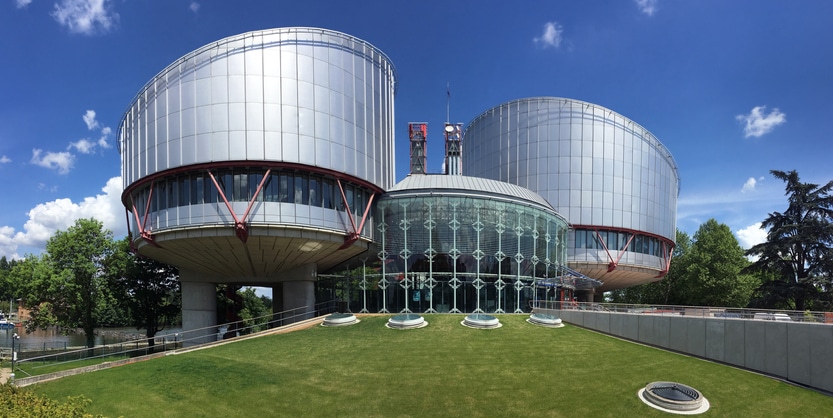For the second time in the past 10 years, Romania has lost a whistleblower retaliation case before the European Court of Human Rights. The case raises further concerns about Romania’s ability to properly enforce its own whistleblower protection law, even as it struggles to pass a new law to meet updated EU rules.
The Court in Strasbourg ruled unanimously on November 15 that Romania had violated Antoniu Poienaru’s right to freedom of expression guaranteed by Article 10 of the European Convention on Human Rights. Poienaru worked as a mechanical engineer for the Agency for Payments and Intervention for Agriculture (APIA) in the Transylvanian city of Cluj. He was fired in 2011 because of articles he wrote on his personal blog about alleged irregularities within the public agency.
“It ate up 11 years of my life, but I’m glad I finally won. Things have to be told as they are,” Poienaru told the newspaper Libertatea. “At least it doesn’t kill you if you tell the truth, like in the old days.”
“I was in my 50s when this trial started. You know how it is, an age at which almost nobody hires you anymore. I was left without a source of income at home. I worked here and there, but honestly, I couldn’t have survived without family help,” Poienaru said.
Despite taking 11 years for the case to be settled, the Court ordered Romania to pay Poienaru only €7,500 plus €600 in court costs for violating his rights.
Poienaru had been working for APIA for five years when he was dismissed in 2011. This followed numerous disciplinary actions including warnings, a pay cut and blocking his access to agency computers. Managers said his blog posts had damaged the public agency’s image and he had violated his loyalty oath. The Cluj Court of Appeal upheld his dismissal in 2016, calling it lawful and finding his articles inaccurate and damaging to APIA and its executive director.
Poienaru contended he had the right to expose misconduct under Romania’s 2010 whistleblower protection law, which permits public employees to go public with evidence of wrongdoing. He also said his actions were protected under the Romanian Constitution.
Among his many articles, Poienaru wrote about irregularities in the employment of APIA officials and the fraudulent use of EU funds. He had raised these concerns with managers and to the European Anti-Fraud Office in 2010. He wrote to then-Prime Minister Emil Boc, “Please defend the prestige of the institution you lead and separate the wheat from the chaff in this agency. I am the only one of 5,000 APIA employees who writes to you. I am appealing to you for support.”
This is Romania’s second loss before the European Court of Human Rights. In 2013 the Court ruled in favor of an Intelligence Service employee who publicly exposed the telephone wiretapping of a large number of journalists, politicians and businessmen. The Court also ruled in favor of a journalist and his daughter, whose phone calls were illegally intercepted. In addition to violating Article 10 of the European Convention, the Court also ruled Romania violated the rights to a fair trial, respect for private and family life, and an effective remedy.
Like all EU countries, new EU rules required Romania to pass a comprehensive whistleblower protection law by December 2021. Various proposals have been rejected by President Klaus Iohannis, Parliament and the Justice Ministry.
